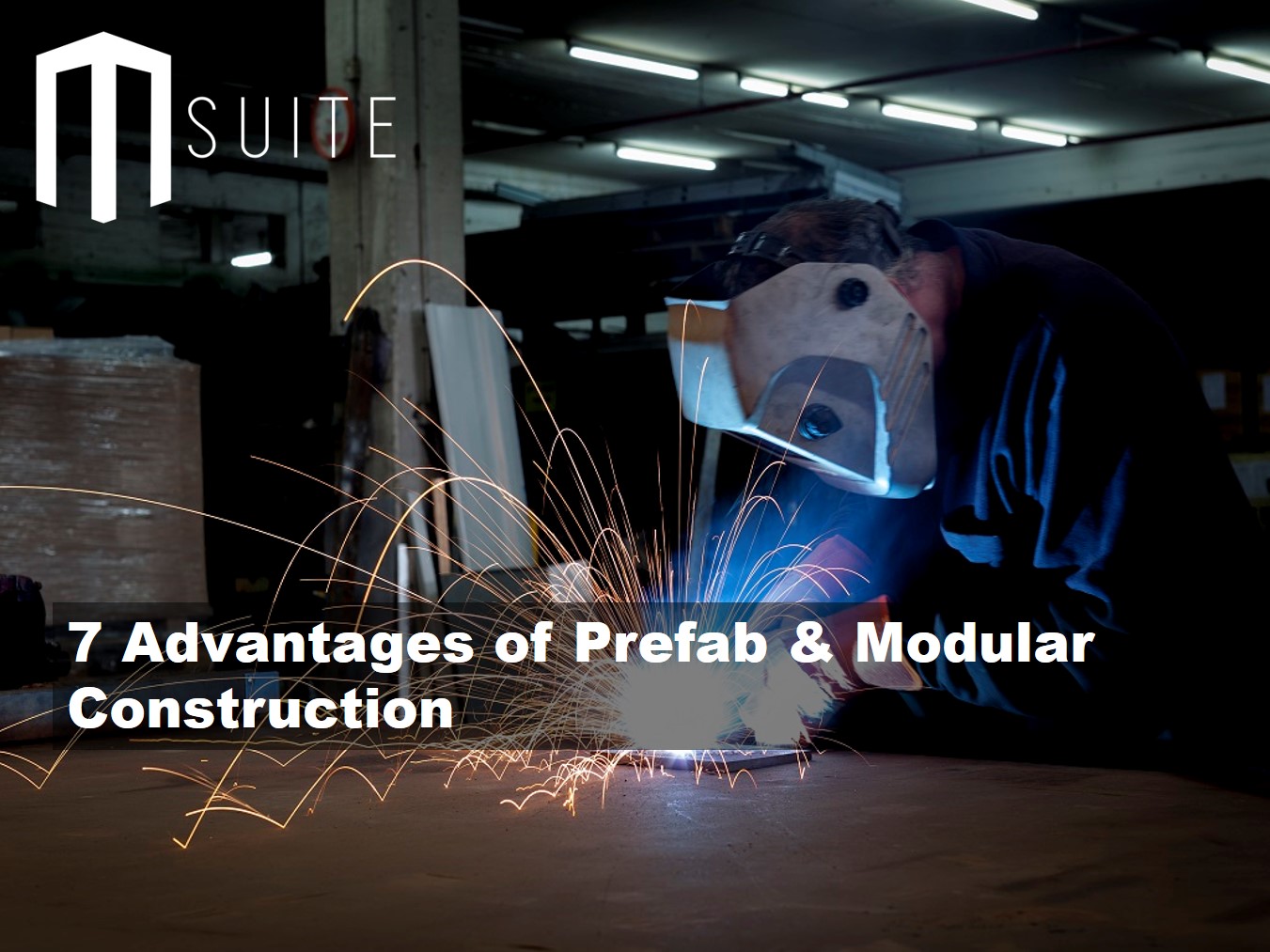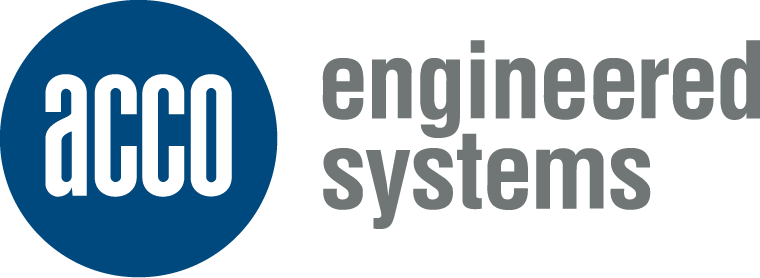As the MEP & Modular industry recognizes the incredible cost savings of integrating prefabrication and modular techniques into commercial construction, at the core is enabling teams to track, manage, and collaborate using lean manufacturing and fabrication shop best practices. Also, powerful, innovative technology is necessary for construction firms to achieve their prefabrication goals. The latest research from Dodge Data & Analytics on BIM and Pre-fabrication reveals that contractors around the U.S. see extraordinary value from its use.
“Dodge’s research clearly shows that prefabrication and modular construction are providing significant improvements and efficiencies, and charting a new course in our industry,” said Jon Dommisse, director of strategy and corporate development for Bradley Corp.
The need for adopting prefab and modular construction means you are becoming more competitive. With industry-wide labor shortage and other circumstances beyond our control – everything from weather to COVID-19 – it is simply inefficient or uneconomical to stick-build everything, and delaying adoption will ensure contractors will eventually fall behind competitively.
In this article, we highlight 7 Advantages of Prefab & Modular Construction.
1. Enhancing safety
Job sites have been riddled with sometimes chaotic activity, and managing safety for all trade workers is a significant concern. The statistics that construction accidents is alarming – with several types of trade crews shuffling around and deliveries underway, work in progress, bad weather, all of it contributes to a high-risk area.
A well-run fabrication shop offers a controlled environment for the construction industry and provides much safer environments. For industry professionals at the fab shop and on the job site, there are several safety benefits including, but not limited to:
- — Reduces bending over since more work is performed from benches in the fabrication shop
- — Mitigates risk involved in working on a lift at the jobsite
- — Reduces the number of joints made on the job site
- — Reduces fatigue-related accidents
- — Reduces fall risks and other dangers due to inclement weather
2. Increasing Schedule Reliability and Certainty
A crucial advantage and benefit for working with prefab and modular construction are the benefits of schedule certainty and reliability to owners and general contractors – this reduces substantial costs associated with schedule slippages.
Advanced work using lean manufacturing best practices conducted in the controlled environment eliminates many time-draining issues of frequently running out of materials on the job site. Risks, including Supply chain issues, RFI responses, and labor schedules, are streamlined to avoid delays.
The number of available, skilled, experienced tradespeople is dropping as veterans retire and are not replaced in equal numbers. Construction firms are challenged to find highly skilled tradespeople on short notice. With advanced planning and prefabricated materials, installation schedules are well-planned in advance, so the crew is on-site exactly when they are required.
Example of a multi-story building. There’s one service elevator that becomes a bottleneck for delivering materials when and where they’re needed. This requires coordinating multiple trade contractors and scheduling delivery – and elevator – times. When complete skids are packaged at the fabrication shop and delivered, the logistics are much more manageable, and moving the material takes significantly less time. The accuracy and efficiency gained in project schedule certainty are significant economically.
Lastly, work doesn’t have to stop at the fab shop due to inclement weather – downpours, tornados, snowstorms, or any weather. The fab shop continues to perform work even when the jobsite is experiencing inclement weather.
3. Cost Predictability
In the Dodge Data & Analytics on BIM and Pre-fabrication study, cost predictability is one of the top advantages of Prefab & Modular Construction. A whopping average of 71% of the survey participants reported a Site Logistics Cost improvement. From the study, pre-planning with BIM and prefabrication helps control costs. It also reduces costly rework on the jobsite where changes often create delays.
Virtual or offsite construction does more than reduce errors; it finds significant efficiencies in predicting costs. Pre-planning and designing with BIM and prefab help control costs such as prefabricating racks to hold all the mechanical and plumbing. When designs need to be clarified, work is performed upfront, not at the construction site, where change orders create costly delays.
4. Reduced Waste
A large commercial construction site generates enormous amounts of waste. High volumes of construction debris are typically hauled off to a landfill. However, in the fab shop’s controlled manufacturing environment, the waste is generally reduced to less than 5%. How is this possible? Automated equipment performing cut optimization reduces the amount of scrap and is much more accurate with the right measurements.
In addition to environmental benefits, waste reduction on the jobsite pays off in several areas, including cost savings and safety. Reduced debris = reduced trip hazards on a jobsite. Owners also respond more positively when they visit construction sites that are cleaner than expected.
5. Increased Communication
The future of prefab and modular construction is here. Technology designed to connect the BIM-to-FAB-to-Construction Teams into a singular workflow is available today. This new technology revolutionizes how disparate teams in design, fabrication, and jobsite construction collaborate to increase productivity, safety, profitability, and reduce construction costs.
“MEP contractors are spending six and seven figures plus for the hardware to set up a fabrication shop, but they lack the right communications software like MSUITE to run the shop effectively and collaborate with design and jobsite teams,” said David Antosiak, Owner at Construct-Pre Fab Consultants LLC.
6. Improved Productivity and Quality
Leveraging lean manufacturing best practices in the fabrication shop coupled with no weather issues and automated equipment offers improved productivity and quality. For example, a fabrication shop includes automated welders, plasma tables, and cutting machines. It’s far simpler to take a BIM-generated cut list and optimize cuts when your work is supported by state-of-the-art equipment – and that equipment is never out in inclement weather performing these tasks.
The lean manufacturing environment also offers Construction professionals new job opportunities and a broad range of new skills. In the fabrication shop, employees learn various lean manufacturing and quality control processes and then typically focus on a specialty. Having particular specialties and high-quality training often leads to improved productivity and quality.
7. Better project delivery outcomes
The construction industry’s push into lean manufacturing and fabrication coupled with advanced technology offers substantially better project delivery outcomes – reduction of the overall project schedule, increased safety, improved quality, higher efficiency, and reduced costs, to name a few. Building components in controlled shop environments increases safety and reduces substantial delays. Improving project lifecycles starting with estimation and planning to production and field assemblies brings much more control over your project’s aspect. SMART Pre-Fabrication programs help teams shift from old practices to implementing project life cycles and strategies that push the boundaries in performance improvement unseen in construction history.
Embracing Building Information Modeling (BIM) and virtual construction is hugely significant in terms of function, quality, time, cost, operative safety, and productivity. Fabrication shops run nearly around the clock, producing customized materials that simplify job-site construction assembly and management. Besides prefabricating ductwork and other materials, the fab shop team can assemble entire skids, such as bathroom batteries, sized and ready for fast, easy installation.







